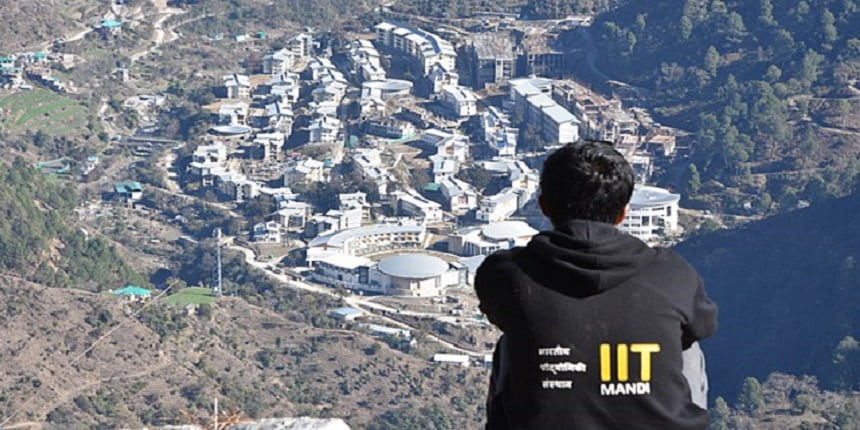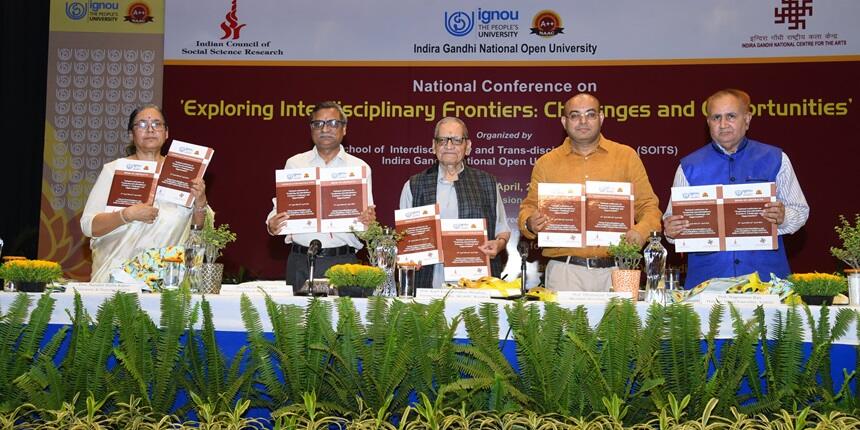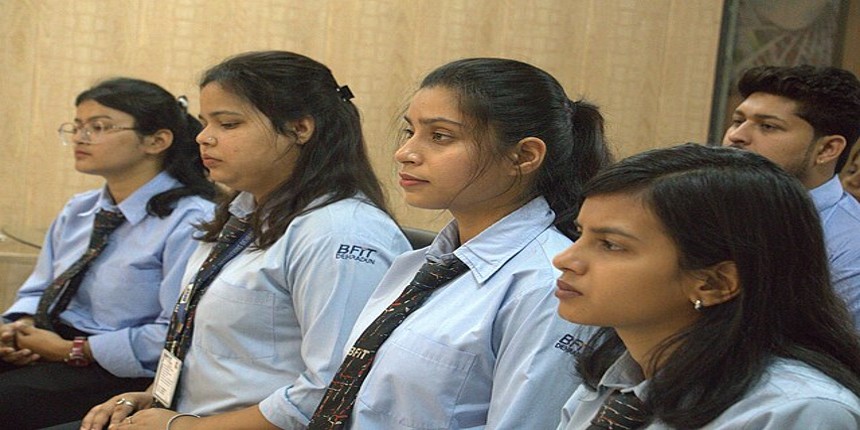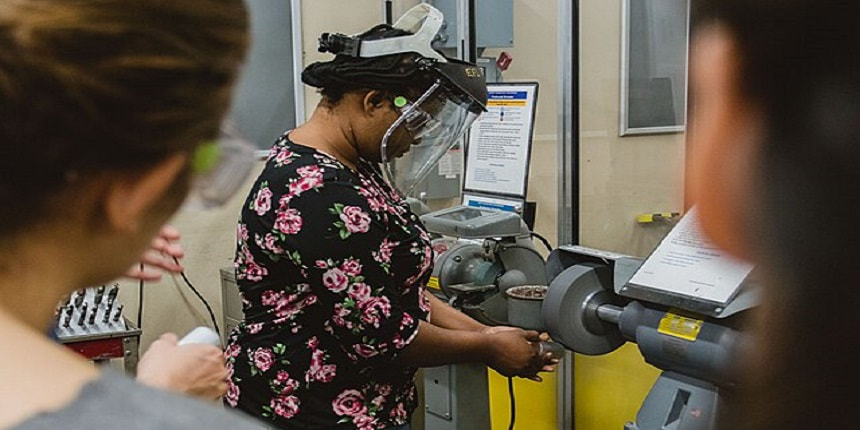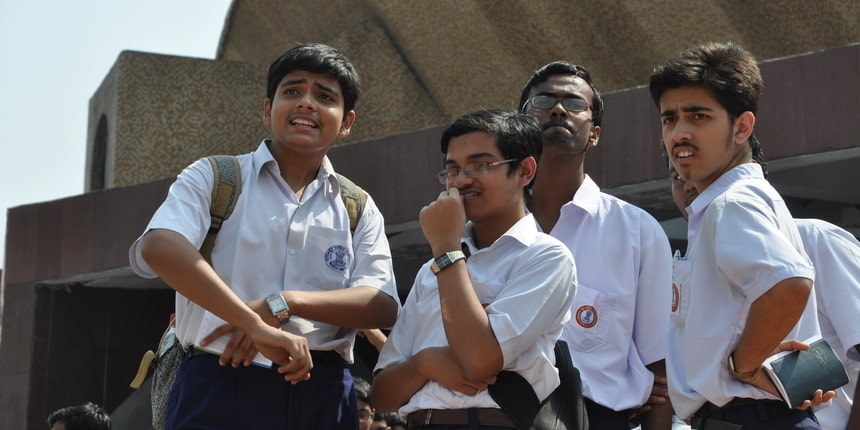BTech-MBA: This ‘deadly combo’ is helping tech graduates land better jobs
IIMs, IITs and NITs are teaming up to offer integrated BTech-MBA programmes. Engineering graduates can get in without the IIM CAT.
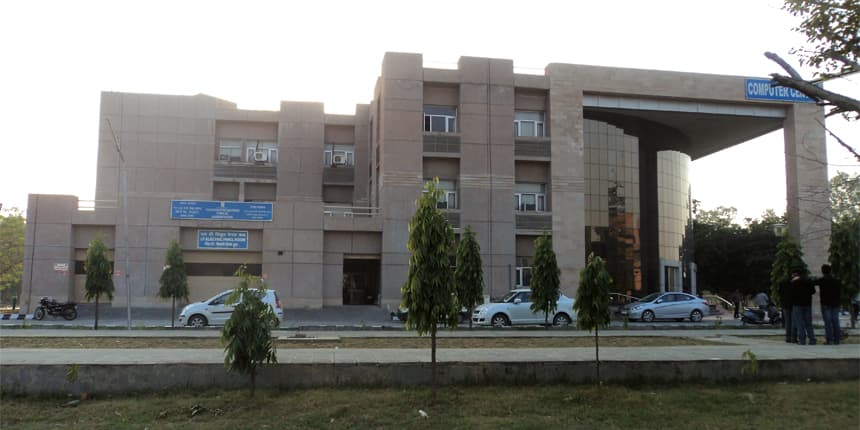 The technology industry is looking for deep generalists, equipped with both technical skills and the soft skills needed to execute projects end-to-end. (Image Source: NIIT Jalandhar Official)
The technology industry is looking for deep generalists, equipped with both technical skills and the soft skills needed to execute projects end-to-end. (Image Source: NIIT Jalandhar Official)Sheena Sachdeva | November 9, 2023 | 02:06 PM IST
NEW DELHI: Earlier this year, Indian Institute of Management (IIM) Amritsar and National Institute of Technology (NIT) Jalandhar launched an integrated five-year BTech-MBA dual-degree programme. It is only the latest of about half a dozen such programmes launched over the past few years, several of them a result of two institutions with differing specialties joining forces.
The concept itself isn’t new. Private universities with both engineering and management departments have offered such combinations for over a decade. Narsee Monjee Institute of Management Studies (NMIMS) has been offering such a programme since 2004 and Amity University, Noida, has since 2010 and now offers five different combinations of specialisations. But in other institutions, especially public ones, such combinations have become a growing trend over the past few years.
There are multiple reasons for this. An MBA after BTech has always been a popular career path. But the rising need for “techno-managers” has been a major factor. “The technology industry is looking for deep generalists, equipped with both technical skills and the soft skills needed to execute projects end-to-end, solve industry problems and align with the organisation’s financial goals,” explained Shekhar Sanyal, country head and director of the Institute of Engineering and Technology (IET) India, the Indian arm of a global organisation working with the engineering community.
Another factor is the declining placement opportunities for students in several core engineering programmes. The MBA helps students emerging from these programmes land better jobs and at higher pay.
IIT-IIM tie-up
Typically, the integrated programme lasts five years. But the programme Indian Institute of Technology (IIT) Jammu launched with Indian Institute of Management (IIM) Jammu in 2021 lasts six years. The BTech gets its standard four years and the MBA, two.
In 2022, IIT Patna tied up with National Institute of Industrial Engineering (NITIE) – now, IIM Mumbai – to introduce a similar programme. IIT Madras has been offering a “Tech-MBA” since 2019. Private universities offering such programmes include Nirma University, Techno India University, Quantum University, and DY Patil University.
Amitash Ojha, assistant professor, IIT Jammu found that many BTech students were interested in pursuing an MBA upon graduation for better jobs and opportunities.
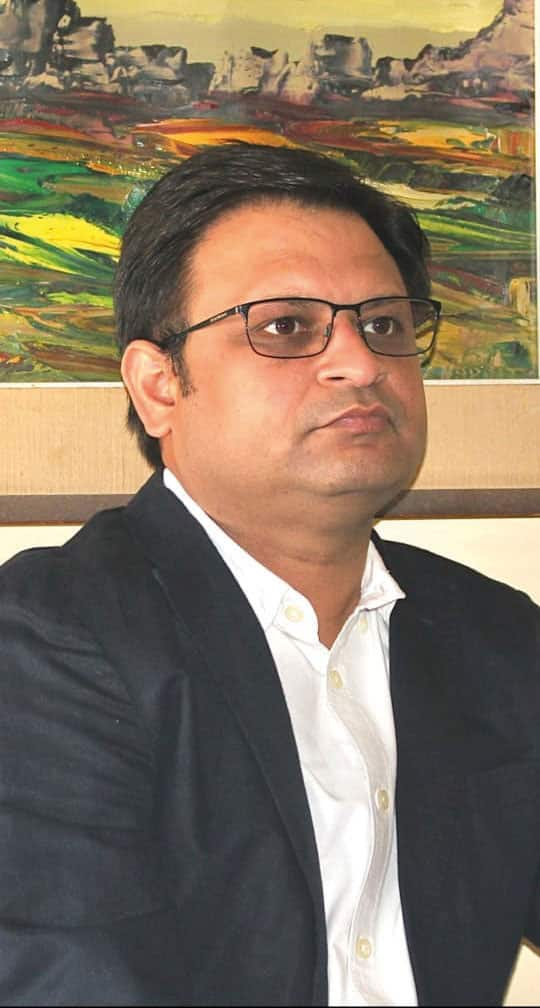 Prof Amitash Ojha, Assistant Professor, IIT Jammu
Prof Amitash Ojha, Assistant Professor, IIT Jammu
Core engineering jobs
The BTech-MBA combination is of interest to students in core engineering disciplines in particular. “Jobs in core engineering areas are fewer these days,” said Ojha. “A student from mechanical engineering is hardly getting a job in that field. Rather, they get placed in a private bank as a software engineer. Eventually, students have to find an alternative.”
Further, Sanyal stated that with India emerging as a global technology hub, there is a need to bridge existing gaps between various disciplines, as well as between industry and education.
“Today, engineers must not only apply their technical knowledge for specific tasks, but also be able to analyse the broader industry they work in, identify key problems that can be solved through technology, and devise actionable blueprints for the same. Companies are looking for technology partners that have an in-depth understanding of their business problems, and can act as active technology consultants, rather than just executors,” he added.
IIM without CAT
Admission policies and course structures naturally vary across institutions.
NMIMS takes candidates for the five-year integrated programme through NMIMS CET (N-CET) which can be taken up after Class 12. Amity University directly admits candidates with over 80% marks in Class 12; candidates with over 70% are called for interaction and accordingly given offers.
However, to join the programmes offered by the IITs and NITs, students still have to write the national-level admission test for undergraduate engineering, the Joint Entrance Examination (JEE) Main and Advanced. They are, however, spared the Common Admission Test (CAT) for admission to the IIMs if they maintain a certain level of performance in BTech.
IIT Jammu and IIM Jammu are still experimenting with their programme to see the outcomes and placements of their six-year course. “The idea was that 20% of IIT Jammu students are eligible to move to IIM Jammu, which is in a campus next to our campus, if they are able to maintain a 7 GPA. Students can go to IIM Jammu after completing their BTech degree without appearing for CAT. This is a choice given to students,” said Ojha.
In such a programme, a student first completes a full-fledged BTech before moving on to a full-time MBA. However, the integrated programme is not structured the same way everywhere.
 Shekhar Sanyal, Country Head & Director, Institute of Engineering and Technology (IET)
Shekhar Sanyal, Country Head & Director, Institute of Engineering and Technology (IET)
MBA specialisations and structures
Amity University offers multiple specialisations including information technology, sales, marketing, finance, operations and human resources. It also offers dual and super specialisation in certain fields. But here, management components are introduced alongside the BTech curriculum.
“In BTech+MBA, the core engineering subjects are taught in first and second semesters. From the third till eighth semester, two-to-four subjects of MBA are introduced. And, in the ninth and 10th semesters, only the MBA subjects are taught,” explained Manoj Pandey, director, Amity School of Engineering and Technology, Amity University.
In NMIMS, first-year students opt for a specialisation in engineering like IT, computer engineering, data science or artificial intelligence. “The first three years comprise only engineering-focussed education and in the fourth year, students learn core management subjects and in the fifth year, specialisation is offered in finance, marketing, operations, supply chain, business intelligence and analytics,” said Alka Mahajan, dean, NMIMS Mukesh Patel School of Technology Management and Engineering, Mumbai campus. “In the final year, they can opt for two management specialisations – major and minor. This gives students opting for placements wider options in their career choices,” she added.
In IIT Jammu, students get the best of both the worlds. “Because it provides full six years of engineering and MBA, at the end of third year, students have to show intent to pursue MBA from IIM Jammu which will lead them to directly pursuing MBA from the institute. However, students are also offered a minor degree in entrepreneurship and startups by earning 12 credits in three elective courses with BTech as well,” said Ojha.
Placement prospects
Placements, of course, are a major attraction for any course, said Ojha. “Btech+MBA is a deadly combo which is already widely known. Students eventually look for better packages. A BTech batch with an average salary of Rs. 15 lakh per annum eventually gets an additional Rs. 2 lakh just after MBA. That’s the perk,” said Ojha. Institutes that have already seen a few batches graduate from the programme report an average salary in the range of Rs. 8-12 lakh per annum.
Further, because of MBA, the student group is more diverse. “Students are placed in diverse industries with attractive packages ranging from BFSI sector, consultancy firms, IT and analytics firms, tech-based firms, FMCG companies, retail and hospitality sectors, e-commerce and logistics, ed tech and media firms, telecom, real estate, pharmaceutical companies, chemical and auto manufacturing sectors, power, oil, gas and aviation. Large conglomerates hire BTech+MBA students with competitive salaries,” said Mahajan.
Relevant skill sets
Most experts find that the combination gives an edge during the hiring process. Pandey stated: “The combination of B.Tech+MBA allows students to develop both technical and managerial skills. They can gain a deep understanding of computer science and engineering while also learning about business management, leadership, and entrepreneurship. These people can create and lead tech startups, leveraging their technical expertise to solve real-world problems with multidisciplinary skills.”
Further, institutes are incorporating dynamic curricula to incorporate the current needs of the industry through project-based and experiential learning, making students industry-ready, added Mahajan.
Follow us for the latest education news on colleges and universities, admission, courses, exams, research, education policies, study abroad and more..
To get in touch, write to us at news@careers360.com.
